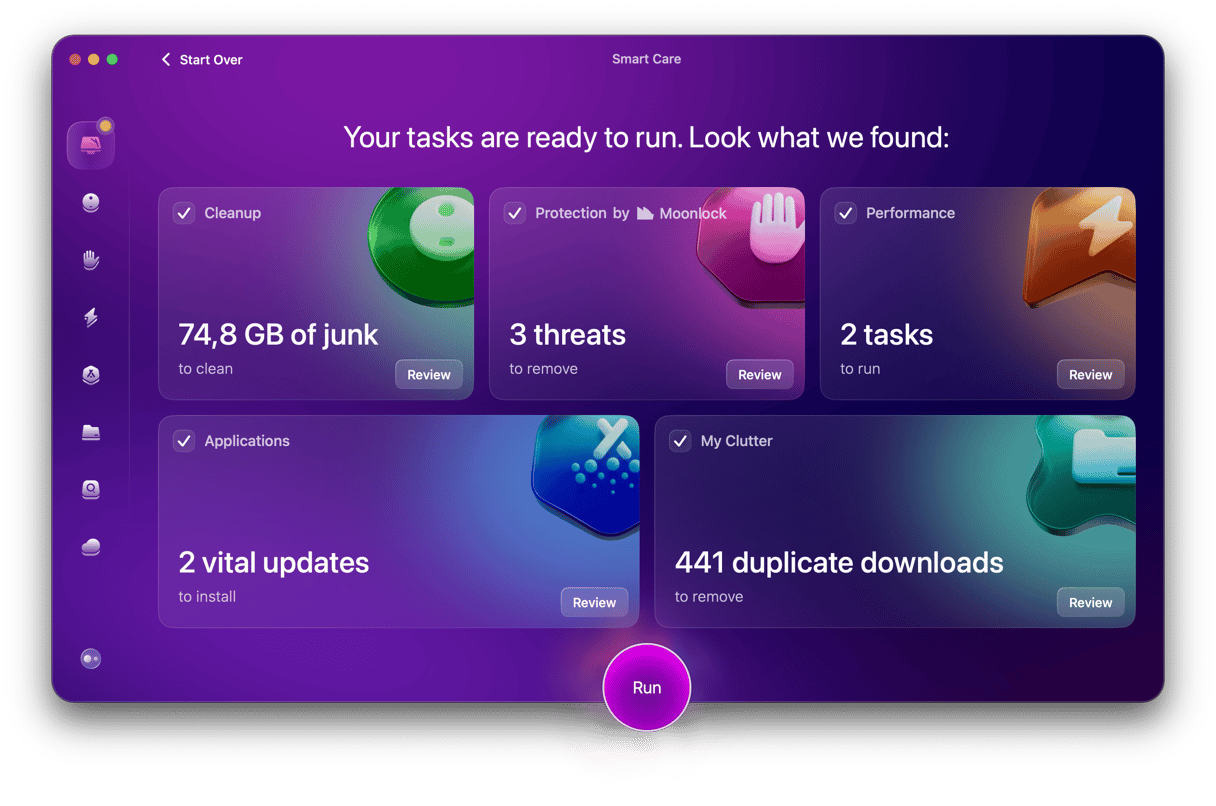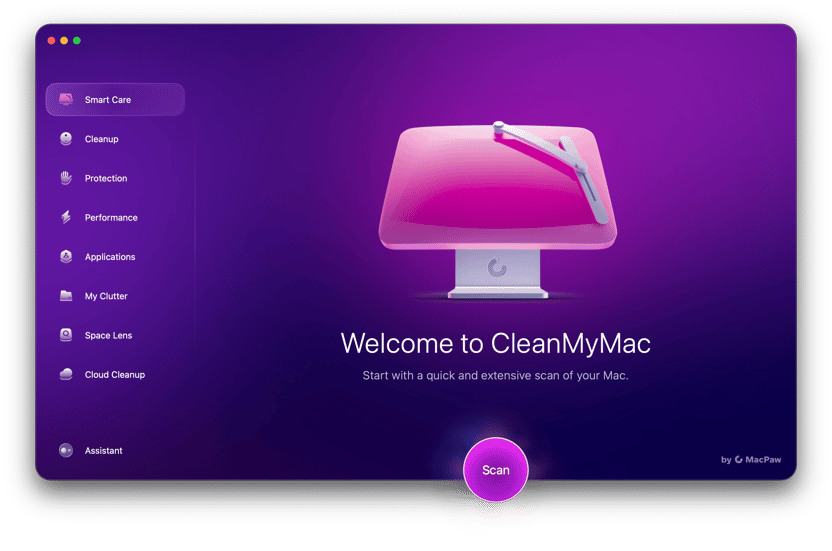Apple fans swear by the efficiency and security of their Macs. The company’s recent intention to move on from Intel and produce their own silicon chip is another proof Apple is going to make future Macs even more powerful.
With all the good things we all love our Macs for, there are misconceptions and myths we are all told to believe. In this post, we’ll address and debunk the most common Mac myths. Let’s go.
1. Macs don’t get viruses
This myth is probably one of the most common fallacies about Macs. Partly, this can be true: Macs don’t get viruses, but they are not immune to other Mac-specific malware. This includes adware, potentially unwanted programs (PUPs), ransomware, cryptocurrency miners, and Trojans. These malicious agents can display ads, corrupt your browser settings, steal your data, and even access your files through a “backdoor.”

To avoid threats and protect your Mac, download software only from trusted sources and don’t ever click links unless you’re 100% certain they are safe.
2. Mac battery doesn’t last long
It’s not true, and here’s why. Apple designs custom lithium-ion batteries that are bigger in size and last longer. They charge more efficiently, so there is no need to fully discharge your battery before recharging it. There are also many under-the-hood tweaks that control the speed of the background apps on a Mac and help save power.
New Macs with Apple silicon are even more energy-efficient — they can run up to 16 hours on a single charge, which goes way beyond what Windows PCs can offer.

You can extend the battery life of your Mac if you charge your battery more often between uses. Also, don’t fully discharge it regularly. When you reach the maximum charge cycle — 1000 — you may experience low battery life, so consider getting a replacement.
3. Macs aren’t powerful enough
Some people think Macs are too small and thin to perform well. With the combination of optimized software, solid hardware, reliability, and longevity, Macs prove exactly the opposite. Macs can have several intensive apps active and still run flawlessly for years of work.
Macs are powerful even when they’re old. You can always get access to the newest Apple software, no matter which Mac you own. Even if you can’t run the latest macOS version on your computer, you can still install supplemental software updates and keep your Mac in great shape.
4. Macs don’t need cleaning
When you use your Mac, you probably install lots of apps and programs. These pieces of software log your activity and generate files to perform tasks faster. When you uninstall the app, its files should be automatically deleted, but it doesn’t always happen that way. Eventually, your hard drive gets filled with outdated caches, support files, and user logs, making your “System Data” storage category grow bigger.

You can clean app leftovers manually by pressing Command + Shift + G in a new Finder window (alternatively, click Go > Go to Folder in the menu bar) and going to ~/Library/Application Support/ to remove the folder with the same name as the app you’ve uninstalled. This will only delete app support files, but there can be other remaining files scattered in your Library.
If you’re looking for a quick way to clean up your Mac, you can try CleanMyMac. It helps you free up some gigabytes by deleting all app leftovers, old caches, and user log files. It doesn’t touch anything system-related and is notarized by Apple.
- Open CleanMyMac — get your free trial trial (you can test it for 7 days).
- Hit Scan.
- Once the scan is done, click Run.

Now, your drive should be much cleaner. In addition to clearing up junk, the same tool also delete duplicate downloads, installs vital app updates, removes malware that may have sneaked onto your Mac, and runs impotant maintenance tasks. Just a single click, and your Mac will remain in its top shape for longer!
So, these were 4 common misconceptions about Macs. Now you know that Macs do get malware and do need cleaning. Macs are more powerful than they seem: since the computers were designed explicitly to run Apple’s programs, software and hardware perfectly complement each other, providing a much smoother flow.






